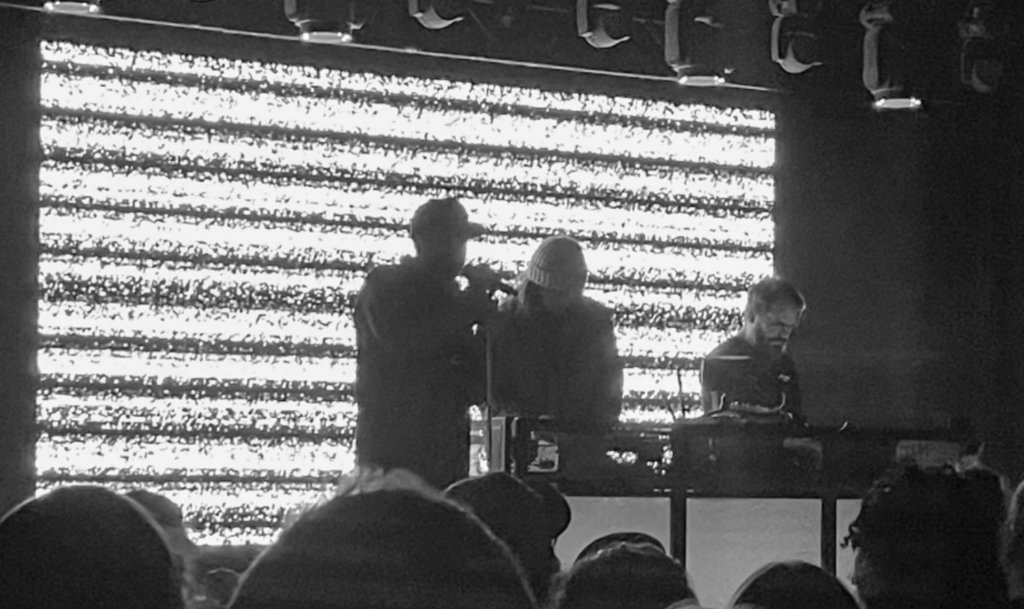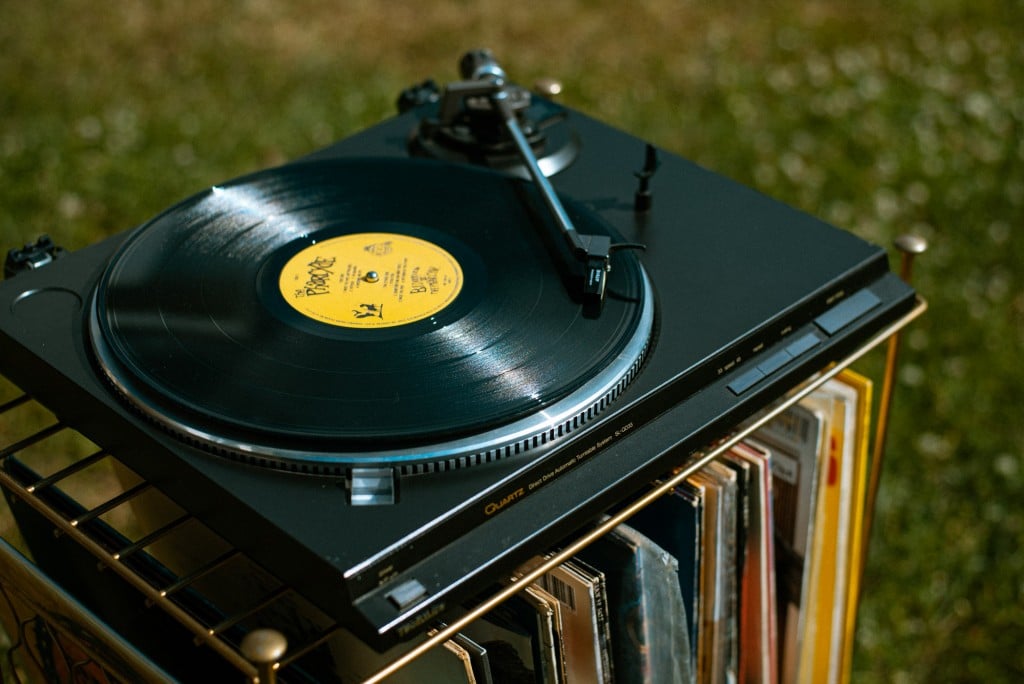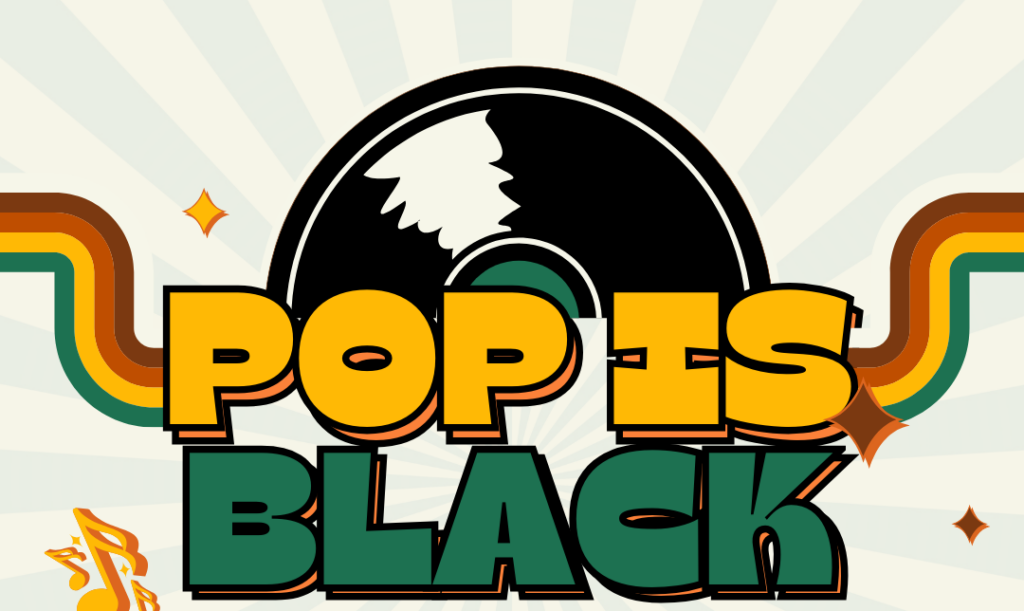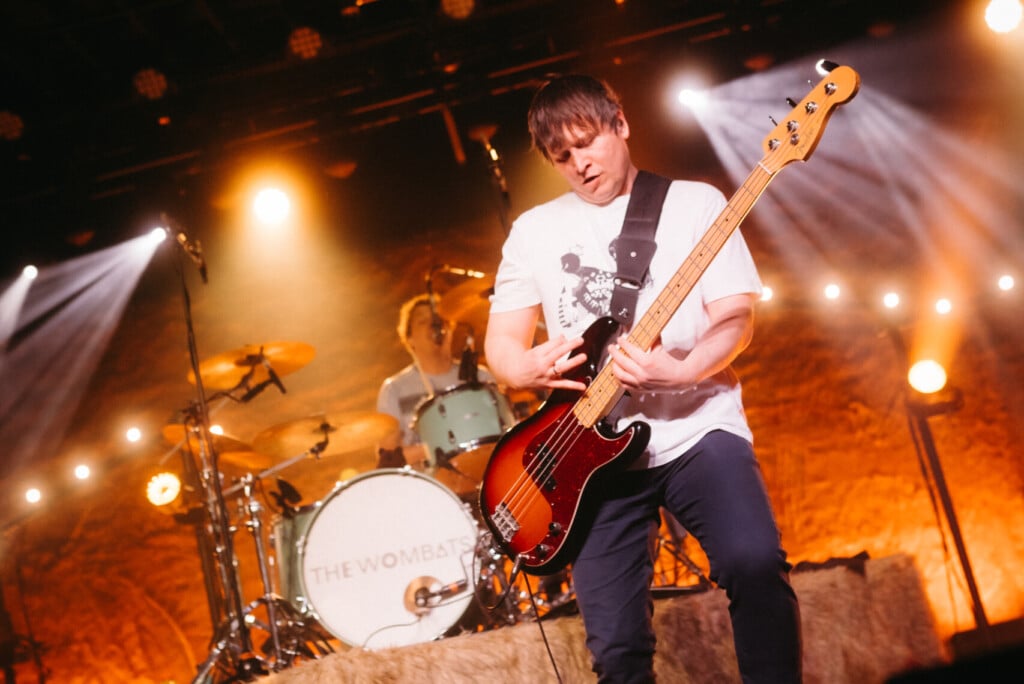Warren Haynes discusses decades worth of jamming with legends ahead of his Thursday show at The Midland
Guitarist Warren Haynes’ career is the sort where you could single out any one act he’s played with and most musicians would consider that a high point. Be it The Allman Brothers, Gov’t Mule, or The Grateful Dead—to say nothing of work with the myriad collaborators he’s had in the Warren Haynes Band—it’s a collection of musical work where any one project could be considered a highlight. Combine them all, and it’s almost impossible to fathom how just one man has been integral to so many bands.
Warren Haynes brings his solo band to The Midland this Thursday, July 18, and we spoke with the guitarist to try to suss out just how he’s achieved this amazing career.
The Pitch: You have had such a career. When you’re playing a show, when you have so many songs and bands from which to choose, how do you start that set list?
Warren Haynes: Well with Gov’t Mule, we are choosing from well over 100 songs at any given time. We just try to take it up and do something different every show. Sometimes I don’t actually put the set list together ’til the night before, but it’s based on what we think a certain audience in a certain city would like, what we feel like playing, what we haven’t played in a long time, and all that sort of stuff.
On this tour, the preparation started much sooner, much earlier, because I’m preparing for songs with the symphony in addition to the shows where we’re by ourselves, like we are in Kansas City. Some of these shows have an orchestra, so you have to do a lot more preparation in advance, but for the Kansas City show, we have a nice long window of time to play, so we’re going to play as much material as we can that will span all of my solo records, some Allman Brothers songs, some Gov’t Mule songs, covers of choice.
The press release for this describes this as “an all-star lineup,” and I really feel that’s so true because you have the likes of John Medeski playing keys and you’ve got Greg Osby on sax. You have really talented jazz players in addition to what you and Kevin Scott do in Gov’t Mule. It just feels like this gives you almost unlimited potential to tackle things.
Yes. All the musicians are fantastic and each one brings their own personality to the table. So, from an arrangement standpoint, a lot of times we’re just kind of leaving things open to see what’s going to fall in place on its own. Now, I should point out that for this run, John Medeski is being replaced by Matt Slocum, who is fantastic as well, and then John will be back for the next run. He had some prior commitments.
Each of these musicians plays with their own personality to the extent that the music benefits from the meld of all these different musical personalities being grouped together. I just try to corral it the best I can and play and arrange the songs according to the strengths of each musician.
Does it help having played in so many different bands that are, at this point, legitimately certifiably iconic? Do the different crowds they’ve all attracted allow you to have this flexibility and skill in wrangling it all?
Well, I’ve definitely learned from the best. I’ve been fortunate to have been a part of a lot of amazing music through the years and some iconic bands that I was grateful to be a part of, able to be a fly on the wall, and watch the way things worked and moved from the beginning of my association and as those associations grew to be a bigger and bigger part of each of these things. To see what makes them tick on the inside, that’s an intangible thing that you can only assess from that inside vantage point.
I learned a lot from all these bands before I worked with them, but some of the things that you learn on the inside are things you could never imagine or figure out.
Is there a particular experience you’ve had either playing live or working on an album with someone that taught you a very particular lesson where you still use that knowledge today?
Well, I think when I first joined the Allman Brothers, working with Dickey Betts and with Tom Dowd—the producer—I was instantly thrown into this world where open-mindedness is the key—not having limited expectations about the music and letting the music go where it needs to go. Then, when I started playing with Phil Lesh, and eventually with The Dead, that philosophy rang true maybe even more.
Phil is probably the most open-minded musician that I’ve ever worked with, especially when it comes to letting the music find its own path. That’s been a valuable lesson that stuck with me the entire time that I tried to always incorporate into the way I approach the music from a performance standpoint and from an arrangement standpoint.
You have worked over the years with some folks that I just find absolutely fascinating and I can’t think of anyone else who might have worked with both William Shatner and Dolly Parton.
Yeah, it’s a wide range of people that I’ve managed to somehow work with through the years, and I’m ecstatic that that is the case.
As someone who has had their music released in so many different live recordings, is there a particular challenge to that as a musician, knowing that there’s not a chance for a redo?
Well, we had to get used to the fact a long time ago that your worst nights are out there, along with your best nights. The best thing you can do with that in mind—from a performance standpoint—is to not think about what you’re playing, try to get lost in the music, and accept it.
There’s a whole world of people out there that prefer live recordings to studio recordings and, in some cases, they prefer their own recordings to official recordings, but all those people listen to the music in a different way than than the artists do. They don’t put nearly the pressure on the music that the artists do. Artists tend to worry about mistakes and stuff that’s not perfect where our audience, thankfully, and especially the the tapers that I was referring to earlier, embrace the mistakes as part of the overall energy of the night. In some cases, that’s their favorite moments. I’ve learned a lot from that as well.
I have to imagine it makes it very different to operate as a musician when you have access to so much of your past performances from the audience’s perspective. Iif you have any questions about a particular show and what you remember about it, there’s very likely a recording of it out there somewhere.
Absolutely, yeah. These days, you can find just about anything. I was thinking about that the other day because one of the best shows that I ever saw when I was younger, I think I was a senior in high school when I saw Frank Zappa at the Fox Theater in Atlanta. I’ve never heard that show since then, but I bet, nowadays, I could probably find it and re-experience it, so to speak. That’s getting sidetracked from your original question, but it has to do with that everything is available, for the most part.
Does that affect how you approach things in studio or are live performances something else entirely?
Only if someone has a fond memory of something that happened and we go back and take a look at it or something, but for the most part we’re just moving forward in terms of recording.
Gov’t Mule released Peace…Like a River just a little over a year ago. Is there a possibility that the Warren Haynes Band might go back into the studio at some point, it having been a while since your last record?
Well, this band, minus Greg Osby, just finished a new studio record and we’re hoping to have that record out late September, early October. We’re even starting to play some of the new material from it now. When we were in Europe, we pulled out three or four songs and we pulled some of the new stuff out, since we’ve been back in the States, as well, and we’ll probably play something in Kansas City from the new record.
How do you decide where to slot those new songs in?
It varies from night to night, and, sometimes, I’ll introduce it as a new song, and we’ll just go into it without saying anything. Probably do one or two in the first set, or just do one in the first set and one in the second set. It depends on how the flow of the set is going. But we’ve done several so far, and the audience has reacted very well to the new material, even in cases where they didn’t know what it was.
Warren Haynes Band plays The Midland on Thursday, July 18. Details on that show here.





